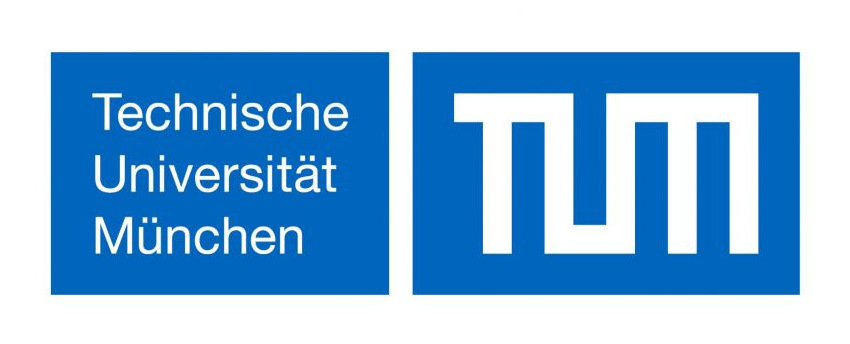
Reto Achermann
Assistant Professor
Systems Research Group
TUM School of Computation, Information and Technology
Reto Achermann
Teaching: Most Recent Courses Taught
The most recent courses that I have taught or co-taught. See "All Courses Taught" for a complete list.
2025 W1 - Operating Systems Design and Implementation
University of British Columbia - CPSC 436A
Link: CPSC 436A - Lecturer - Prof. Reto Achermann
The course covers the design and implementation of various operating systems concepts such as memory management, scheduling, inter-process communication, inter-core synchronization, protection, device drivers, file systems, and networking. Moreover, the course pays particular attention to the design of system software architectures that differ from the traditional monolithic arrangements of Unix/Linux and Windows. During the course, the students will work together in small groups to build a fairly complete operating system.
2024 W2 - Graduate Operating Systems
University of British Columbia - CPSC 508
Link: CPSC 508 - Lecturer - Prof. Reto Achermann
Introduction to operating systems research (breath course). After completing this course, you should be able to: Read systems papers critically; Explain how modern systems research fits into the historical context; Identify open research problems in systems; Write constructive paper reviews; Design a research project to address an open research problem; Carry out a research project and present results both orally and in writing.
2024 W1 - Computer Hardware and Operating Systems
University of British Columbia - CPSC 313
Link: CPSC 313 - Lecturer - Prof. Reto Achermann and Prof. Steve Wolfman
Instruction sets, pipelining, code optimization, caching, virtual memory management, dynamically linked libraries, exception processing, execution time of programs.
2023 W1 - Graduate Operating Systems
University of British Columbia - CPSC 508
Link: CPSC 508 - Lecturer - Dr. Reto Achermann
Introduction to operating systems research (breath course). After completing this course, you should be able to: Read systems papers critically; Explain how modern systems research fits into the historical context; Identify open research problems in systems; Write constructive paper reviews; Design a research project to address an open research problem; Carry out a research project and present results both orally and in writing.
Prof. Reto Achermann
I01: Chair of Distributed Systems and Operating Systems (aka Systems Research Group)
1st Floor, 7th Finger
School of Computation, Information, and Technology (CIT)
Technical University of Munich (TUM)
Boltzmannstr. 3
85748 Garching bei München
Germany
firstname.lastname [at] cit.tum.de



